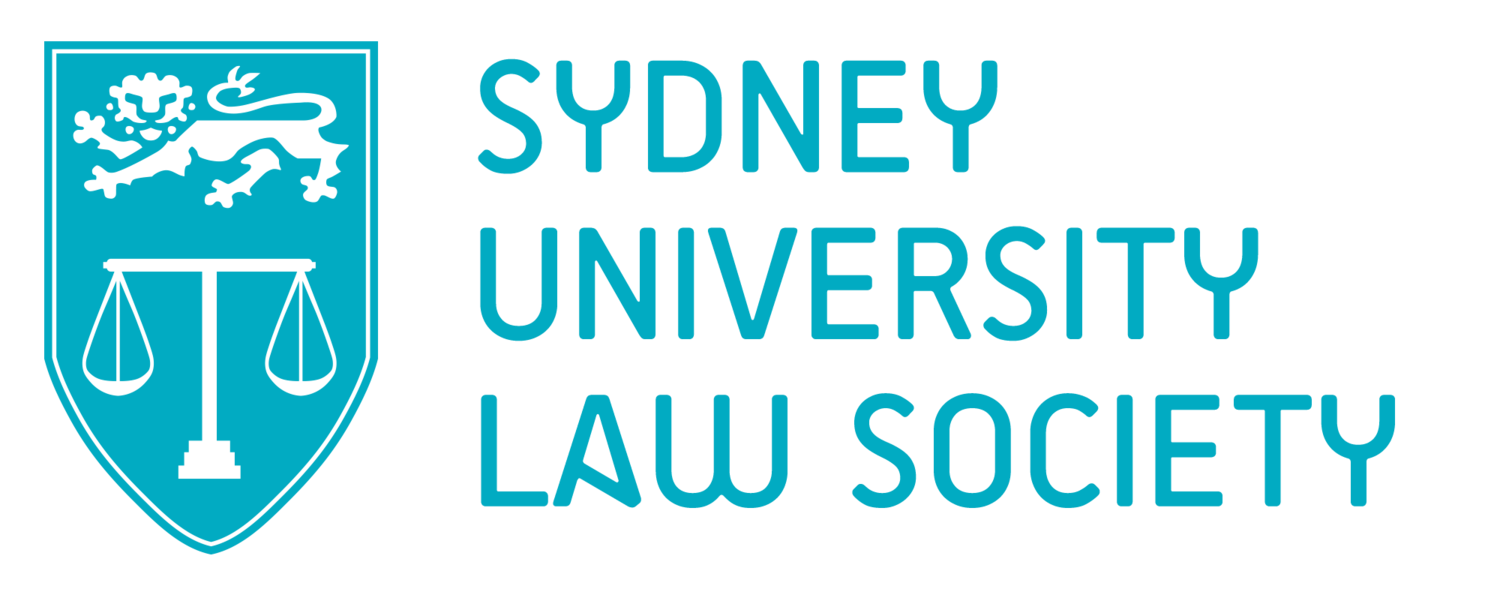By Jingyi Li (BComm/LLB I) & Coco Chen (BEc/LLB II)
If you were part of any USyd-based discussion group, you would have seen a petition being circulated around two weeks ago, asking for the university to “shut down”. As of March 23, Sydney University has moved all contents online. Days later, students were informed that Fisher Library will be closed until further notice.
The closure of the campus means that in the foreseeable future we may not be able to catch up with friends at Taste or listen to the carillon chiming as we walk through the Quad, but for many, these are the least of our issues. A proportion of non-local students have taken the option of leaving Sydney and returning home; most of them are still paying the rent for their no-longer-occupied accommodation. The rest that decided to stay in their accommodations are only able to maintain contact with their concerned family members via digital communication. The universal struggle among all, however, is the decreased level of focus one can achieve at home, especially when combined with unprecedented length of time being house-bound. In a time like this, how is #usydonline doing? Can the new teaching methods and learning approaches, mostly provided by Zoom, guarantee the quality of our education?
We all came to know Zoom, a platform designed for live conferences but now plays a major role in running lectures and tutorials virtually. A handful of functions on Zoom, such as screen sharing, annotating and recording, are essential to ensure the accessibility and effectiveness of online learning. And despite these dark times, students are trying to make the most out of the situation. Sydney Uni’s official Instagram account posted a video of students performing TikTok dances on Zoom before their 8 am tutorial, starting a trend among students. SULS helpfully provided photos from the New Law Annex (and one from level 3 of New Law, featuring the much-feared assessment delivery box) to be used as Zoom virtual backgrounds. All of these features will certainly encourage us to continue using Zoom, perhaps for study groups, even after university returns to normal.
On the other hand, we have a fair share of complaints over system crashes and being ‘kicked out’ of Zoom during a class. Whilst most of these problems can be solved within minutes, there are instances where students are unable to rejoin a classroom. Additionally, though Zoom has a better audio quality than other live conference apps, it appears that connection issues can become frequent when twenty or more students in the tutorial have their webcams on at the same time. This is, at the very least, annoying, and certainly has some level of detriment on the student’s learning experience. Whilst the aforementioned issues are not entirely Zoom’s fault (NBN should take some heat there), the Australian Financial Review reveals that Zoom’s privacy policy allows it to collect the user’s personal data, speech and video, whether he or she has a Zoom account or not. Whilst this may affect corporations in regards to their decisions to use Zoom, students should be less concerned as long as we exercise caution when disclosing sensitive personal information (same principle applies anywhere else).
Besides that Zoom may stick around with us for classes, students and the teaching staff are concerned about other aspects of online education; most importantly among which are exams. The most recent newsletter from Vice Chancellor Michael Spence addressed several decisions, including that ProctorU will be used in online exams, and the grading system will not change to a pass/fail system.
For those who are not yet aware, the ProctorU service offers extensive methods to prevent cheating in online exams by designing different ‘stakes’ which go from recording a screen to, what is the equivalence of live streaming, all depending on the nature of the assessment. Some responded to this announcement with the concern that their privacy may be compromised, as proctors will need to gain access to the student’s computer to make sure certain functions are disabled and no prohibited applications are running at the same time. In addition to privacy concerns, we question whether having someone intensely watching over you (Big Brother style) for the duration of the exam will have negative psychological effects on examinees. Compared to a normal sit-in exam, the level of stress from being closely monitored may have an impact on one’s performance.
In response to Dr Spence’s email, SRC voiced its disagreement with the university’s decisions which “do not reflect what is best for students” and expressed its will to continue fighting for greater leniency and assurance for students. As students, what we can do individually is to take good care of our safety, health and well-being, and not hesitate to let our faculties know of any issues we are experiencing. We hope that the transition to a completely online second-half of the semester is not too jarring in the near future.

